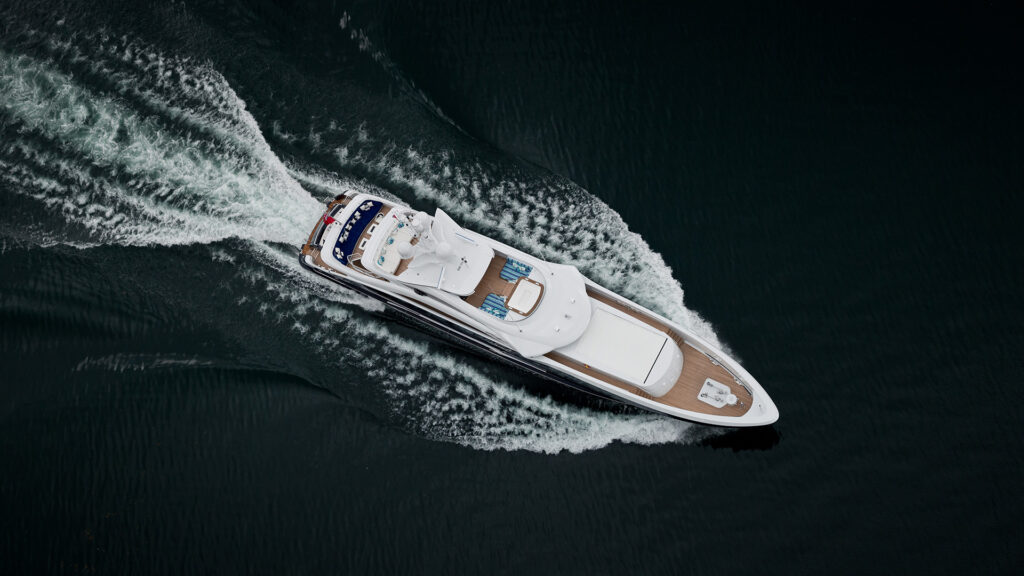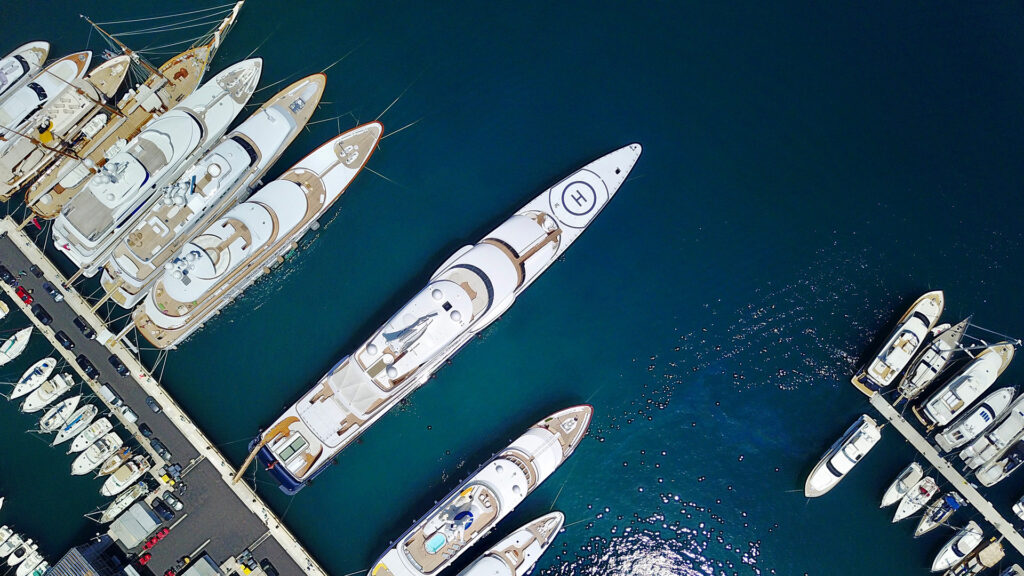Constitution of Limitation Fund
The English High Court was recently asked to rule on whether a Limitation Fund in England could be constituted by way of an International Group Protection & Indemnity Club Letter of Undertaking (IG P&I Club and P&I Club LOU) in Kairos Shipping Limited v Enka & Co LLC1.
Limitation under the Convention on Limitation of Liability for Maritime Claims 1976 (as amended by the 1996 Protocol) (the LLMC 1976), provides a mechanism by which an owner may limit their liability for all claims arising out of a single maritime incident. Historically, the English Courts have required a claimant wishing to do so to constitute a Limitation Fund by way of a cash payment into court.
However, in The Rena2, Mr Justice Teare permitted the Swedish Club to constitute a Limitation Fund by lodging a P&I Club LOU into court following an uncontested application. When presented with a similar application by another IG P&I Club in Kairos Shipping Limited v Enka & Co LLC, he directed an oral hearing was necessary to determine whether the English Court had jurisdiction to permit this.
At the subsequent Kairos Shipping Limited v Enka & Co LLC hearing on 21 June 2013, Mr Justice Simon ruled that, “without a specific statutory provision that a guarantee is acceptable the rule remains that a Fund may only be constituted by making a payment into court”. Therefore, the application was refused.
In reaching this decision, Simon J explored three potential avenues which had been put before him as part of the Owners’ submissions, but ruled none assisted the applicant:
- Section 185 Merchant Shipping Act 1995 gives Article 11(2) LLMC 1976 (which provides a “Fund may be constituted either by depositing a sum or producing a guarantee acceptable under the legislation of the State party where the Fund is constituted …”) the force of law, but Article 11(2) still requires further national legislation under which a guarantee is acceptable. There is no such statutory provision.
- Article 14 LLMC 1976 provides that rules relating to constitution of a Fund shall be governed by the law of the State party. In England, this means reference to the CPR61.11. CPR 61.11(18) provides that “the claimant may constitute a limitation fund by making a payment into court”. Further, the provisions of the accompanying Practice Direction (10.10.10 – 10.10.13) all imply a payment (i.e. cash) into court. A guarantee is not a cash payment.
- The Statute of Frauds, which requires a guarantee to be made in writing and signed to be enforceable, does not assist as this deals with “enforceability” whereas the LLMC 1976 refers to “acceptability”. The phrase “enforceability” was insufficient to satisfy Article 11(2) as enforceability and acceptability are different concepts. To allow such a change to established practice would require clear words, but there were none.
The decision is in line with the views of many leading commentators such as Griggs and Fogarty, and an Australian Federal Court ruling on the same issue.
However, in our view, the current position requires review. P&I Club LOUs are widely exchanged throughout the world as security in the shipping industry, and no party present at the hearing argued a suitably worded guarantee would not be effective security (or disagreeable to the Court). Further, the legislation/practice of other European Member States who are party to the LLMC 1976 (as amended by the 1996 Protocol), such as France, permits a Fund to be established by P&I Club LOU. Therefore, there is a risk that if England refuses to allow a Fund to be constituted by P&I Club LOU, Owners will seek to limit and litigate elsewhere, which would be at odds with England’s position at the forefront of international shipping.
Within the industry, P&I Club LOUs are widely accepted as saving the shipping industry money, as they allow for speedy negotiation of security, on agreed wordings and at a minimal cost (in contrast with bank guarantees) without tying up cash reserves in court.
We note the position in relation to arrests. P&I Club LOUs have been accepted as sufficient security to allow for the release of arrested vessels.
It is therefore slightly strange that the same is not sufficient security when constituting a Limitation Fund, which under Article 13 has the effect of releasing from arrest vessels within State Parties. This is even more so when the LOU is often issued in the amount of the tonnage limitation figure (under the LLMC 1976). The courts in the Netherlands (The Elloba), South Africa (The Bow Neptun), Singapore (Arcadia Spirit), and many other countries have all held P&I Club LOUs to be sufficient security to allow vessels to be released from arrest. In The Duden and The Kallang (No.2)3 before the English Court, the Owners were awarded damages for the period over which the vessel remained under arrest following the offer of a P&I Club LOU (which was wrongly refused by a cargo claimant).
One reason for foreign courts/claimants sometimes refusing a P&I Club LOU is that the P&I Club does not have assets in the jurisdiction, but this does not arise where the case is subject to English jurisdiction and the P&I Club based in England.
Leave to appeal has been granted by Simon J, who recognised that clear consideration should be given to effecting a change in English law. Steps are being taken for the Appeal to be heard on an expedited basis.
If the appeal fails, we hope steps are taken to alter the legislative position, which could perhaps be achieved by way of a simple amendment to CPR61. This is necessary to maintain the English Courts’ position as the leading jurisdiction for the determination of international shipping disputes, and to avoid commercial inconvenience to all parties as well as unnecessary costs to owners and their P&I Club. The current position is difficult to justify against the commercial realities of the industry and the contrary position in other leading maritime countries, both in Europe and worldwide.
Footnote
- [2013] EWHC 1904 (Comm)
- [2012] Folio 225
For further information please contact James Gosling, Partner, on +44 (0)20 7264 8382 or james.gosling@hfw.com, or Alex Kemp, Associate, on +44 (0)20 7264 8432 or alex.kemp@hfw.com, or Michael Ritter, Associate, on +44 (0)20 7264 8449 or michael.ritter@hfw.com.






-1024x576.jpg)


